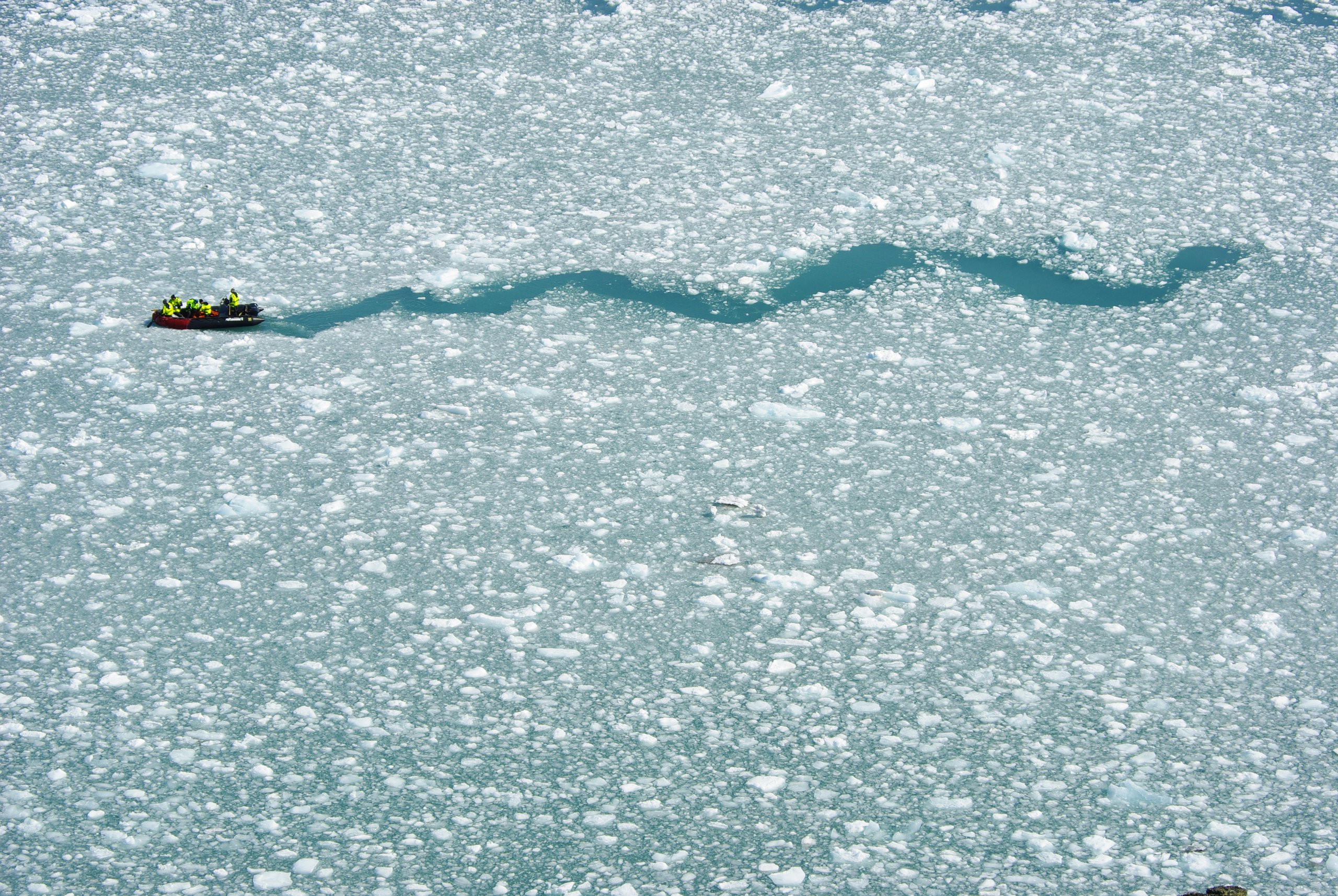
The ocean science community is gearing up for the UN Decade of Ocean Science for Sustainable Development, which will begin in 2021. To find out more, we heard from Marie-Alexandrine Sicre, President of the ISC’s Scientific Committee on Oceanic Research (SCOR). SCOR is part of the Ocean Science & Technology Stakeholder Group for the Ocean Decade.
Many things! It’s a global effort involving scientists, policy-makers and other stakeholders. If I have to choose, I think the most stimulating thing is really the opportunity to meet and interact with a wide range of stakeholders and work together towards a more sustainable world for the common good – which is challenging because we are all working in silos.
I have been involved in a 10-year multi-disciplinary programme in the Mediterranean region, known for its exceptional human history. This region has been transformed by climate change and human activities since the beginning of the Neolithization. Understanding the interplay between climate, environment and human societies in this transformation requires dialogue between natural scientists, historians and archaeologists. That was my first experience of co-working with scientists from other disciplines on the co-production of knowledge.
The UN Ocean Decade is similar, in a way, in that we’ll have to bridge expertise and work together with policymakers and others to achieve effective actions to the problems that society is facing, at least on ocean matters.
Six major societal outcomes or objectives have been identified for the Ocean Decade, but for each of these outcomes, each region will have to address its specific needs. This has been done through regional consultation workshops across the world. At the regional workshop in Nairobi, which I attended at the end of January, the focus and discussions were on the environmental and societal issues that Kenya and other African countries and adjacent island states are facing, which are different from the ones we are facing in Europe.
With the knowledge that we have, we can already address questions that are of concern to society. Some actions can already be taken locally. But other ocean issues, such as acidification, are more difficult to tackle because they require global action and societal transformations.
The deep ocean has been identified as a major topic in the roadmap for the Ocean Decade. Although it is the largest living space on Earth, it is largely unknown because it is far more technically challenging to observe than the surface ocean.
A lot of the observation tools that are available now, such as satellites, are turned towards the surface of the ocean. Oceanographic cruises to explore the deep ocean are expensive, and they produce less data than satellites.
The biodiversity of the deep ocean is therefore far less known than other ecosystems, such as corals for example. There are specialists on different deep-sea habitats working in different ocean basins, but they rarely have the opportunity to share experiences, methodologies or approaches. I think those kinds of opportunities should be created during the Ocean Decade to give visibility to deep ocean ecosystems. I am sure they will lead to exciting discoveries.
Human activities like deep-sea mining or offshore oil exploration impact on benthic ecosystems. We need to learn about the health of these ecosystems, how they are impacted and how they recover, and we also need to build capacity in deep-sea science in developing countries. The UN Ocean Decade will provide new mechanisms to enhance private and public funding partnerships to support research, as well as the development of new technologies, and thus offer opportunities for developing countries to grow.
With the UN Ocean Decade, I realized we don’t draw all the benefits from the knowledge we produce, for example for addressing societal challenges. What excites me about the Ocean Decade is that we will share our knowledge in a different and useful way.
Scientists are not yet fully aware of what their role within the Decade can be, few are actually involved in the preparation of the Ocean Decade, but I am convinced that more will move forwards with it.
The UN Decade is a big challenge, but it is also a great opportunity to share knowledge and experience with engineers, policy-makers, NGOs, and civil society. It’s quite easy to build on knowledge from what you read or what you already know, but thinking about how it can be used for other purposes is difficult.
I hope that scientists will be enthusiastic about the Ocean Decade. Exactly what it means for each of us is not yet clear, but we have a forefront role to play. We are scientists, but we are also global citizens and we have a responsibility to help society find solutions to problems where we have part of the answer. That’s the message that I would like to convey to people…
Photo: Gergana Georgieva (distributed via imaggeo.egu.eu)